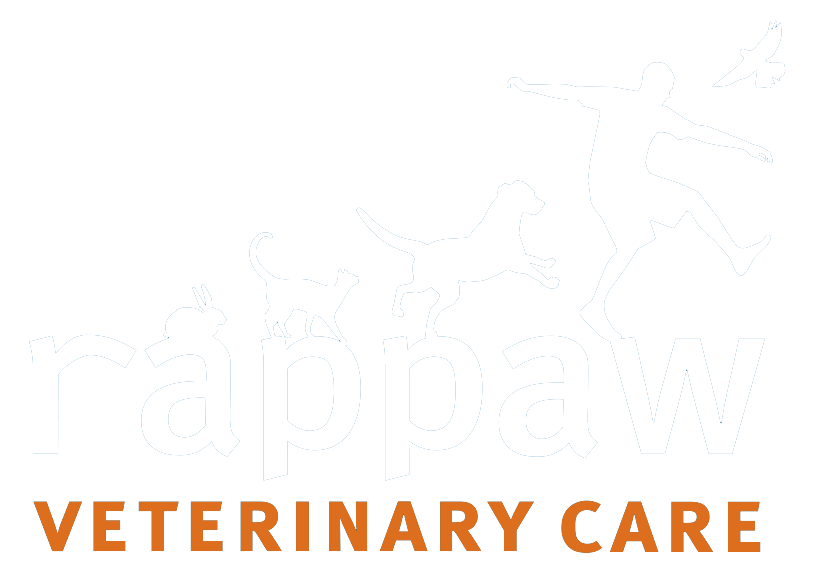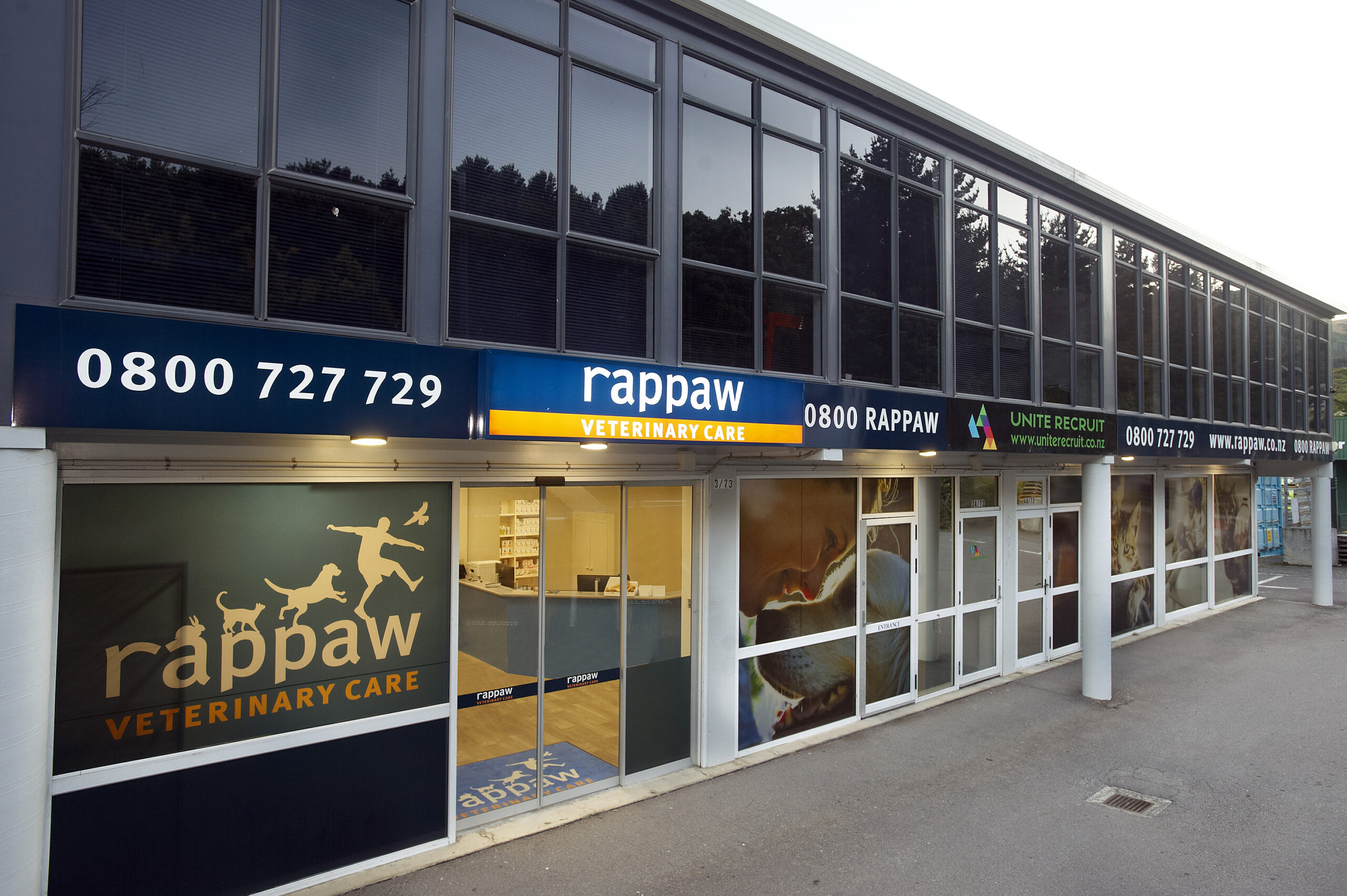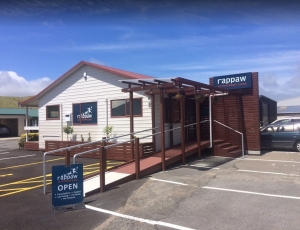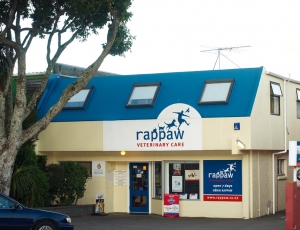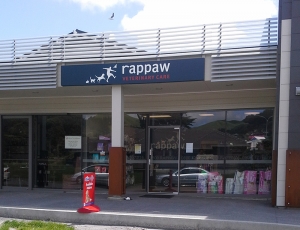Surgery
NEUTER SURGERY
Neutering (also known as de-sexing) your pet is generally advised if you do not plan to use them for breeding purposes for both individual health reasons and population control. There are an excessive number of unwanted kittens and puppies in New Zealand. Many are abandoned, or euthanised because homes cannot be found for them. To avoid this neutering is encouraged. Neutering also can have long term benefits for your pet such as elimination of problems to do with the reproductive organs and reduction in certain other problems including cancers.
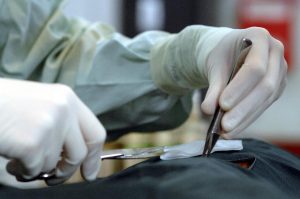
It is routine surgery for we veterinarians but a once in a lifetime event for your pet. We want to make it as easy for them and you as possible. We suggest that they are best neutered when about 5-6 months of age. The surgery is easier, therefore the anaesthetic and surgery time is less and the recovery time for them faster. All pets receive pre- and post-operative pain relief.
Click here to download the pre-surgery instructions and consent form.
GENERAL SURGERY
Because we have BESTPRACTICE accredited clinics where we perform our surgery you can be assured your pet is getting the best surgical care. Being BESTPRACTICE accredited means we have separate operating theatres, qualified veterinary nurses, intensive patient monitoring, intravenous fluid therapy and mandatory pain relief – many things that not all practices can or do provide.
Our teams of experienced veterinarians and vet nurses have a huge volume of knowledge and skill on a wide range of surgical procedures, and well as the equipment required.
Post-op care is as important as the surgery itself and we will work with you to provide this. Pets are not always the most cooperative of patients but working together we can work through these challenges.
Click here to download the pre-surgery instructions and consent form.
ORTHOPAEDIC SURGERY
Orthopaedic surgery is the surgery involving bones and joints. It includes the repair of broken bones, torn ligaments, congenital bone and joint defects.
Not all practices perform these operations. They require special surgical instruments and skills in the special techniques involved for the various operations.
At Rappaw we have invested in the equipment, instruments, knowledge and skills to allow us to perform a large majority of the work that can be done in general veterinary practice.
Whether it be a small kitten with a fractured leg from a road traffic accident, a small breed dog with a congenital dislocating knee-cap or a large dog with a ruptured knee ligament we can help.
Orthopaedics and soft tissue surgery
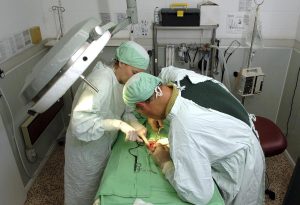
We have a dedicated surgical team providing a wide range of advanced surgeries in orthopaedics and soft tissue surgery. We are happy to accept referrals from clinics on a case by case basis and prefer to work with our colleagues and owners to reach the best outcome for our patients. Some common procedures we perform include TTAs for cranial cruciate rupture, luxating patella repair, fracture repairs , airway surgeries, rotational and advancement flaps for skin closure in tumour removals, perineal urethrostomy are examples. Please contact us if there is something we can help you with.
Veterinarians are not only doctors but dentists as well for their animal patients.
Just as in human health good dental health is important for our overall health. Poor dental health leads to tartar build-up, gum disease, tooth infections, pain and loss of teeth. Gum and dental disease can cause secondary heart disease, kidney disease and blood infections.

Dentistry in veterinary is essentially the same in human health in that we use machines to clean and polish the teeth, if required we can also perform extractions. The main difference is that animals will not tolerate all this going on while awake so we need to give them a general anaesthetic.
Prevention is better than treating a problem that is already there. We therefore check teeth as part of our wellness exams. We also encourage use of dental toys, chews and special foods to help keep teeth clean. You can even brush your pet’s teeth.
Speak to one of our vets or veterinary nurses about a dental check-up.
